Auditors should be allowed to draw a line under outdated accounts in order to clear the extensive current backlog of audited local government financial reports. And long-term structural challenges must be addressed to ensure the current crisis in auditing in England does not reoccur.
Those were some of the conclusions drawn by panellists at the second evidence session of the Levelling Up, Housing and Communities (LUHC) Committee’s inquiry into financial reporting and audit in local authorities.
“Finding a way to clear the backlog is key – unless and until that is done, all the other things in the system that are really important are not going to be able to proceed,” said Conrad Hall, director of resources and s151 officer at the London Borough of Newham, and the chair of the CIPFA LASAAC Local Authority Code Board. “Imposing a date where an audit opinion – whether qualified or unqualified – must be provided may be a part of that.”
Other members of the second panel of the evidence session, which also featured Lynn Pamment, chair of the Financial Reporting Advisory Board; Iain Wright, managing director for reputation and influence at ICAEW; and Rob Whiteman, chief executive at CIPFA; echoed Hall’s call for a reset as an immediate solution to the backlog.

“We need to help auditors to draw a line on those accounts that are really outdated,” said Pamment. “If accounts are of insufficient quality, then they should be qualified accounts. So at what point can auditors draw a line and offer a qualified opinion? That would be an acceptable outcome.
“The FRC taking on the system leadership role [will also be key] as audit firms need to be held to account for their performance in completing the backlog and not falling further behind.”
Wright agreed that the role of the FRC would be important. “Unlike the corporate sector, there is no repercussion if a local government authority doesn’t produce its accounts on time. A company would be struck off. I’m not suggesting fines, but there needs to be some sort of redress in the system. That could be part of the system leader role – so put in place legislation to make FRC able to do that,” he urged the committee.
He also pointed that the backlog is intrinsically linked with capacity. “Audit teams and local government finance teams are taking time up having to address this, and so that needs to be closed off as quickly as possible. We are in the position of picking the ‘least worst’ option rather than anything that is conducive to a favourable situation. A whole swathe of qualified accounts based upon insufficient evidence could be the basis for this.”
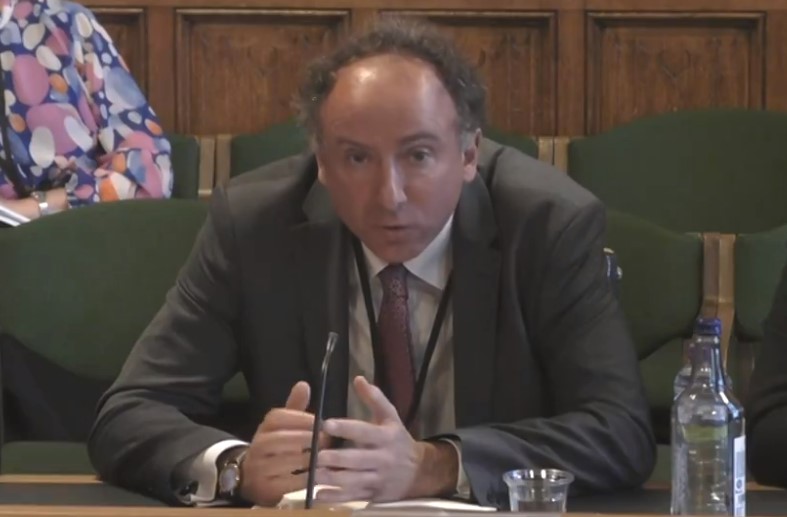
Whiteman stated that one of the root causes of the backlog is “fears by auditors that if they don’t treat local authority assets as they would treat them in the corporate sector, the audit regulator may fine them”. Many audits are not being signed off today, where they probably would have been in the recent past, because of these fears and a lack of a “common sense” approach.
“I worry about the reputational damage to a local authority if they don’t have a full and proper set of accounts, but I think there is no option but to have a reset because the system has so much backlog in it,” he added. “There must be a common-sense solution to allow assets to be treated differently in the public sector than they are in the corporate sector.” Looking longer term, Whiteman suggested looking for “innovative solutions” on what parts of audit can be automated.
Building capacity
Hall told the select committee that it was important to recognise the wider role that goes with public sector audit as a means of building capacity. “It is more than just confirming that the accounts are indeed compliant with the IFRS standards,” he said. “[It is about] looking at the arrangements that authorities have in place to manage, for example, large and complex regeneration schemes, and many councils will be doing those.
“As with any form of house building development they are inherently risky, and yet at the moment the focus of the audit is largely on [relatively obscure] points about how precisely to value a block that may be refurbished and the worth it might have in the future, rather than enabling the audit focus to be on matters that would be of much more interest to residents.
“[These are] around how the council is managing its money and how the council is delivering on its priorities. By bringing that forward, you also emphasise the distinctiveness of public sector audit as an attractive career alongside, rather than as a junior partner to, corporate audit.”
Wright also warned the committee that unless it addressed the long-term structural challenges about capacity for local government finance in general, “for complexity, for coordination across the sector, we’ll be back in this situation very quickly”.
The absence of a multi-year financial settlement is “compromising the capacity of local government finance teams to do their job”, he said, while “competing for a myriad of different funds takes away local government finance teams from looking at the day to day running of their authority”. He added: “This detracts from their main purpose and that undermines the capacity of local government finance teams to do a great job, which they can do.”
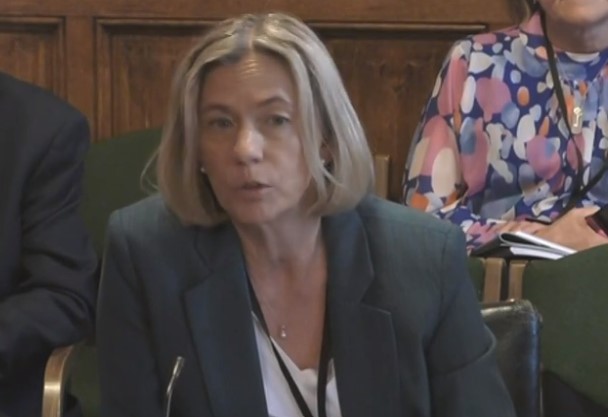
Hall echoed this sentiment. “Without accounts in place you don’t have a firm basis for your financial decisions, and the most important decisions are the annual and forward-looking budget for the local authority,” he noted. “The other part of the equation is funding announcements from government on time. Local authorities should be starting the budgeting process for next year now; the current range of financial targets I need to set is enormous, and I won’t get an answer to that until much later in the autumn, if not in December.
“As long as that situation persists, even if we solved all these problems with the accounts, local authorities still wouldn’t be able to approach their budgeting in a way that they really ought to because they don’t have multi-year funding settlements from government in advance.”
15th Annual LATIF & FDs’ Summit – 19 September 2023
250+ Delegates from Local Government & Investment
An audit for councillors or the public?
The second panel also discussed the purpose of audits and ways to make them easier to understand for their potential audience.
Wright argued that if there was a “general acceptance” that the reports were ultimately for councillors, and not the general public, there might be “better financial reporting and accountability”.
However, Hall said the primary user should always be the local resident, although he recognised that councillors had a large role in using them. “Accounts inform future decision making, all of which affect local residents,” he stated. “Of course they are going to be complex, and not all [of the information will be] directly accessible. But a lot of information is directly accessible, such as spending to budget, disclosures etc. There is a lot of very useful practical information in there, and a narrative [to explain it].”
One action point discussed throughout the committee’s inquiry so far has been the production of a streamlined statement, as recommended by Tony Redmond, author of the Redmond Review and a panellist in the first evidence session. Hall said he “strongly agreed” with this streamlined statement being needed, but said it was vital that the statement was also audited and given a seal of approval that it is a fair and accurate reflection of the main IFRS statement of accounts.
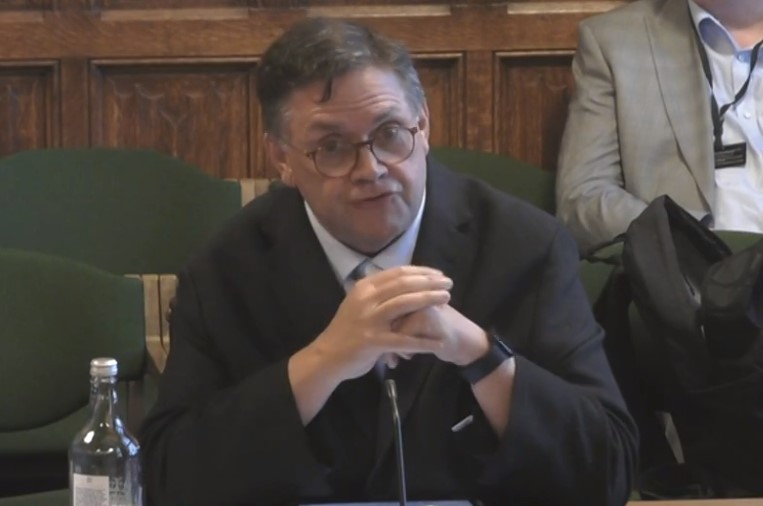
Whiteman noted that the IFRS framework is not designed for public bodies, and “that does leave something lacking”. He added: “As public bodies there should be something beyond the accounts.”
He also said that there was more that could be done besides providing a streamlined version of the accounts. “CIPFA would like to see some of the statutory overrides removed over time if funding were available; I would like us to move to group accounts if that were possible, remembering that there are a number of statutory individual accounts. Most of all, I would like to see audit mattering again in order that we can get rid of the backlog and prepare accounts and have them audited on time.”
Hall added to this by saying that “many of the complexities in the accounts derive from government legislating to override the ordinary accounting practice and that is not always in my view the most helpful approach”.
Wright noted that there is a lot of “boilerplate disclosure and reporting that provides no value to anybody whatsoever” in accounts, and this could be addressed to reduce complexity. He particularly took issue with contingent assets policy. “What is the economic benefit of some future events of which the local authority has no real control over?” he asked. “Many local authorities don’t have contingent assets but notes in the accounts provide pages upon pages of what the policy will be. How is that helping the user of those accounts?”
He also suggested decoupling the accounts of the pension fund with the main local authority accounts, “because one can slow down the other”. “There’s often no need for them to be together,” he said, “and by decoupling them you can save time and make the accounts easier to understand.”
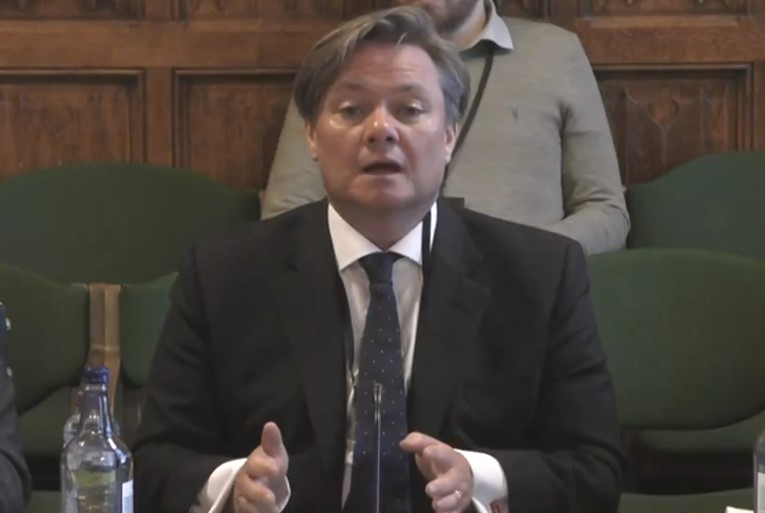
National Audit Office
The first panel of the second session of the LUHC committee’s inquiry featured two representatives of the National Audit Office: comptroller & auditor general Gareth Davies and director, code of audit practice Mike Newbury.
Davies echoed the other panel by arguing for the availability of a simplified user-friendly version of financial reports alongside the IFRS compliant version, for use by the public, councillors and council officers.
He also noted that current reports were “getting bogged down” in certain questions. “For assets which are just for the purposes of the local authority’s functions, such as highways and potentially even schools, there is a strong argument to say that the annual valuation of those is of less direct impact in the short term and is expensive in terms of surveyors and valuations.
“We need consensus on which areas of the accounts required the most effort and why, and then everybody working to that agreed position. The absence of that agreement at the moment is the core problem and leading to a lot of the delays.”
Davies told the committee that the scale of the backlog of audited accounts was “unacceptable”, noting the urgent need for timeliness as well as accuracy. “The audit is not of value if it is technically right but three years late,” he said. “This is an urgent crisis for local government and auditors.”
Discussing whether auditors had enough powers to raise the alarm when they perceived that authorities were heading into financial trouble, the example of Croydon Council was raised. There auditors raised questions that were not addressed by the council, Davies noted.
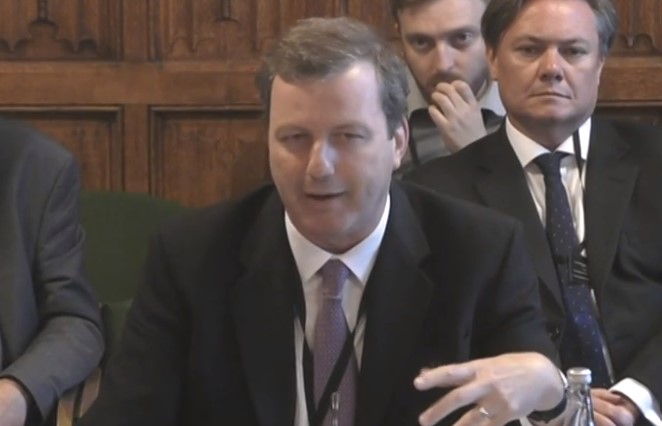
In such scenarios, there is an escalating set of reports an auditor can use, he said, often because of a poor response by an authority to a previous report and insufficient improvement action being taken.
“The high-profile scandals of the moment, such as unwise investments leading to serious financial problems at councils, could all be adequately audited using the current code of practice – the tools are absolutely there for the auditor to ask for evidence and raise the alarm before the investments are entered into,” he said.
“We have seen some recent examples of that. Bournemouth, Christchurch and Poole Council is one – the auditor had done exactly that and identified in their view a potentially risky policy and inadequately managed risks, and pointed that out in an open letter to the leader of the council. In my view that’s an auditor exercising their functions properly using the existing code of practice. I don’t think it’s so much about not having the right tools but just being confident in using them.”
Davies also noted the importance of getting smaller audit firms involved in the space, so as not to create a “closed shop environment” where a small number of large firms are the only ones operating. “One company did win a contract in the last procurement round,” he noted. “But it is still a political environment, and an environment of reporting in public. So it’s a different world [to corporate auditing]; you can’t just move from a small company to a small council. It’s not for everybody, and a lot of companies would need training and development.”
The first oral evidence session of the Levelling Up, Housing and Communities (LUHC) Committee’s inquiry took place on 15 May. You can read Room151’s report on the first panel of that session here, and its report on the second panel here.
In the first session parliamentary questions were raised over the accountability of s151 officers in financial reporting, and former chief executive of the London boroughs of Richmond and Hammersmith & Fulham Richard Harbord responded to the question in a blog post on Room151 which you can read here.
—————
FREE weekly newsletters
Subscribe to Room151 Newsletters
Follow us on LinkedIn
Follow us here
Monthly Online Treasury Briefing
Sign up here with a .gov.uk email address
Room151 Webinars
Visit the Room151 channel










